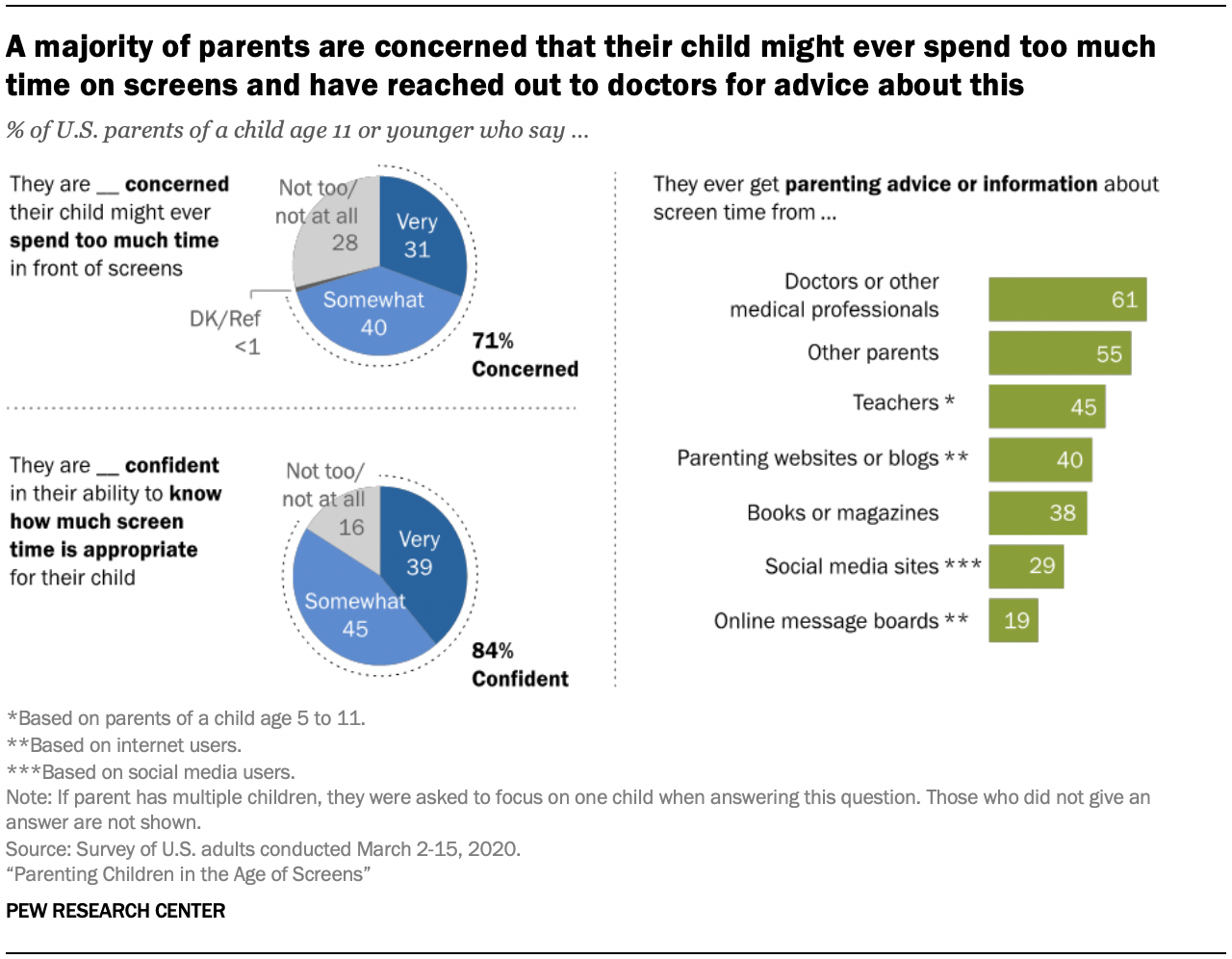

- #Christian advice child protection on internet software#
- #Christian advice child protection on internet series#
Given the rapid pace of internet development, government officials thought these two laws might be sufficient to restrict access by minors to specific material. One law prohibits misleading domain names, and the other prohibits creating a child-safe.
#Christian advice child protection on internet software#
Notably, the court mentioned that "filtering’s superiority to COPA is confirmed by the explicit findings of the Commission on Child Online Protection, which Congress created to evaluate the relative merits of different means of restricting minors' ability to gain access to harmful materials on the internet." The court also wrote that it was five years since the district court had considered the effectiveness of filtering software and that two less-restrictive laws had been passed since COPA. American Civil Liberties Union (2004), the Supreme Court upheld the injunction on enforcement, ruling that the law was likely to be unconstitutional. The government again sought review in the Supreme Court. On March 6, 2003, the 3rd Circuit Court again struck down the law as unconstitutional, this time finding that it would hinder protected speech among adults. American Civil Liberties Union (2002), and found the given reason insufficient and returned the case to the Circuit Court. In May 2002, the Supreme Court reviewed this ruling in Ashcroft v. In 1999, the United States Court of Appeals for the Third Circuit upheld the injunction and struck down the law, ruling that it was too broad in using "community standards" as part of the definition of harmful materials.


of the Eastern District of Pennsylvania granted a preliminary injunction blocking COPA enforcement. This is a much broader standard than obscenity.įurther information: Ashcroft v. "Material harmful to minors" was defined as material that by "contemporary community standards" was judged to appeal to the "prurient interest" and that showed sexual acts or nudity (including female breasts). COPA only limits commercial speech and only affects providers based within the United States.ĬOPA required all commercial distributors of "material harmful to minors" to restrict their sites from access by minors. ACLU ) COPA was a direct response to that decision, narrowing the range of material covered. Parts of the earlier and much broader Communications Decency Act had been struck down as unconstitutional by the Supreme Court in 1997 ( Reno v.
#Christian advice child protection on internet series#
The law was part of a series of efforts by US lawmakers legislating over Internet pornography. The law, however, never took effect, as three separate rounds of litigation led to a permanent injunction against the law in 2009. The Child Online Protection Act ( COPA) was a law in the United States of America, passed in 1998 with the declared purpose of restricting access by minors to any material defined as harmful to such minors on the Internet.


 0 kommentar(er)
0 kommentar(er)
